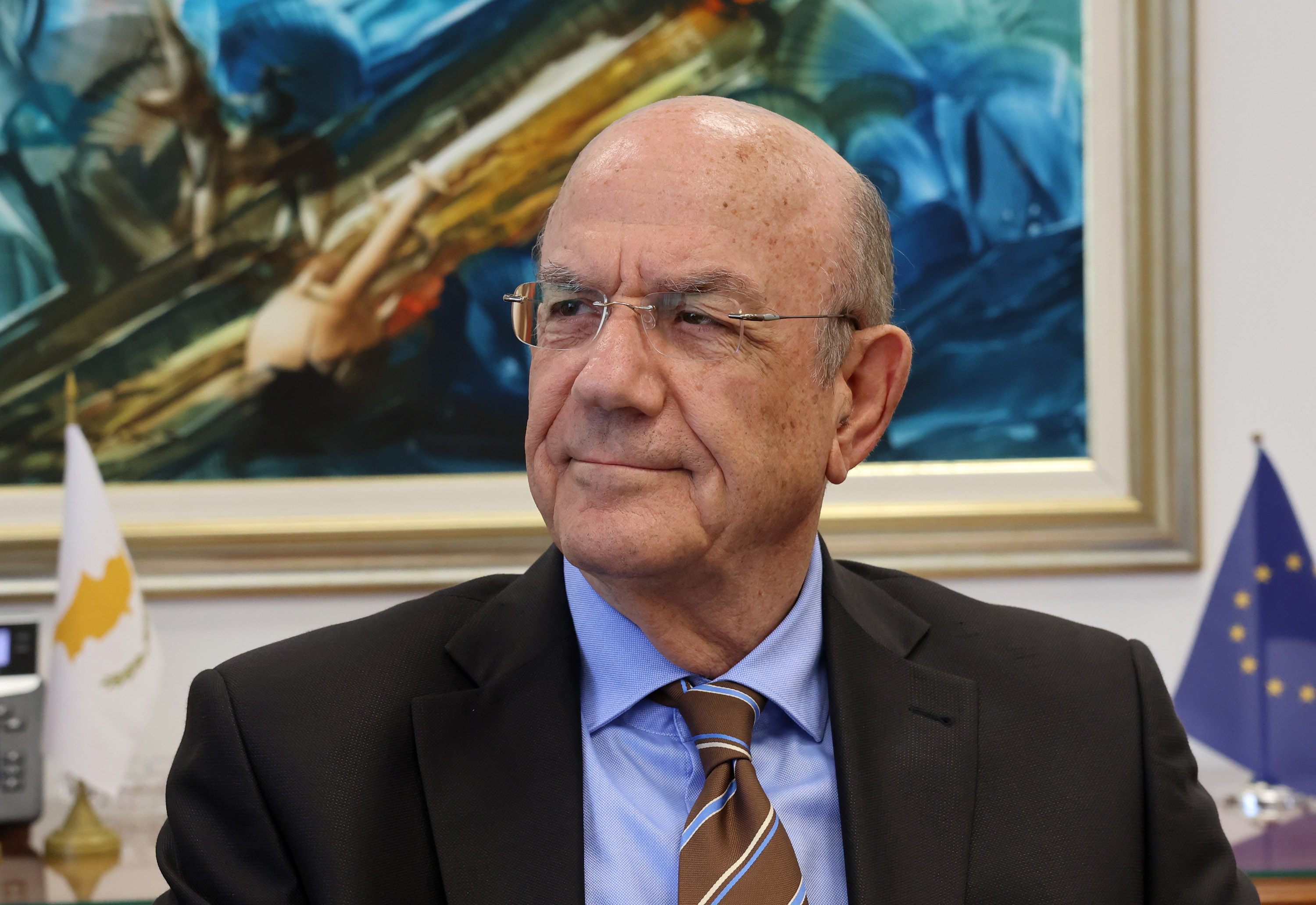In an ever-changing geopolitical and geoeconomic environment, the challenges are enormous and the ability to adapt and respond immediately is imperative, Finance Minister Makis Keravnos said on Tuesday.
Addressing the third annual event for Cyprus’ EU recovery and resilience plan, Keravnos said Cyprus had already applied for a fourth grant from the EU mechanism and was preparing to apply for a fifth.
Speaking in the presence of director general of the recovery and resilience task force (Recover) at the European Commission Céline Gauer, Keravnos referred to the recent assessment of Cyprus, which paves the way for the second and third installment of the grant.
He added that Cyprus submitted an application for a fourth grant in July 2024, which would bring the grants since 2021 up to €500 million, which translates into about 50 per cent of the total grant for Cyprus.
The next aim, Keravnos said, was to submit an application by the end of the year for a fifth grant of €120 million.
“We are implementing an ambitious plan which has to do with significant investments for strengthening the economy’s resilience, with the main aim being economic, social and environmental sustainable growth.”
The government, he added, was focused on meeting all the milestones of the plan.
“In the two years remaining until the completion of our national plan, the aim is its effective implementation, materialising all the reforms and completing all the investments included in the recovery plan,” Keravnos said.
Keravnos referred to Cyprus’ achievements so far, adding that there was still a long way to go to properly use all the resources available through the recovery mechanism, which would ultimately benefit the economy, society, the public and the businesses.
In an ever-changing geopolitical and geoeconomic environment, the challenges are enormous and the ability to adapt and respond immediately is an imperative, Keravnos said.
The Cyprus Recovery and Resilience Plan amounts to €1.2 billion, of which €1.02 billion is in the form of grants and €200 million in the form of loans. It includes 282 milestones and targets, covering 61 reforms and 75 investments.
To date, the Commission has disbursed more than 21 per cent of the funds allocated to Cyprus.
Cyprus has a wide compendium of reforms to tackle and bigger challenges to overcome in some respects and in terms of expected opposition to some of the measures on the way.
The island faces the challenge of high greenhouse gas emissions, gaps in water and waste management, and the need to safeguard biodiversity and wildlife.
Some of the other most important projects and reforms include the upgrading of state hospitals, addressing the inadequacies of the property-title system, financing for start-ups and innovators as well as small and medium-sized companies, the creation of a one-stop shop for renewable energy projects, energy upgrading of buildings, as well as financial support for the electricity interconnector with Europe.
Addressing the event, head of the European Commission’s representation in Cyprus Nikolaos Isaris said Cyprus’ recent positive assessment of the second application was proof of the work being done.
He added that Cyprus’ plan included a package of proposals to support reforms, investments and socioeconomic needs for a just, green and digital transition.
The combination of reforms and investments was not random, he said, but the recognition of the fact that the state, organisations, the private sector, the social partners and EU institutions must contribute to this effort.
Isaris said the stakes were high but meeting the goals would be a bright milestone in the modern history of Cyprus and Europe.
He described the programme as the European answer to the current and future challenges and that resilience would lead to better quality of life for Cypriots and Europeans in general, in harmony with the environment and with the potential to take opportunities arising through technological advancement.







Click here to change your cookie preferences